We all know that once you have children you have no spare time! Preparing food seems to be the task that takes up the most time. It is easy to pop to the shops & buy some readymade food but this is not only expensive, it is also often full of additives & preservatives & not nearly as healthy as the homemade options. So is there a better way?
Is there an Easier way to prepare baby food?
Yes there is a better way! The key is to be organised. With some preparation & organisation, making food does not have to be hard & nor does it have to be expensive.
An easy way to cut back on your food preparation is to cook some extra food at tea time & then have it the following day. This is ideal with vegetables as you can cook some for the rest of the family then the left overs can be pureed for a baby the next day. Also if you have older children, they can get some vegetables with their lunch or as a healthy snack during the day.
Another time saving tip is to set a couple of hours aside & do some big batches of cooking. This can then be frozen so there is always a selection in the freezer.
However, we do all have times where we are not as prepared as we would like. So if you do need to pop to the shops & buy some readymade food, do not despair! Just pick the food wisely & plan when you will have the time to make your own food again.

How to save money on baby food?
Buying ready made food is expensive & ingredients can include sugar, colourings & preservatives. Making the food yourself therefore has many advantages.
One major advantage is that you know exactly what is in the food! This allows you to avoid additives & preservatives & also means you can make food you know your baby or child actually likes.
Another money saving tip is to buy the food that is in season. This is cheaper & also allows you to cook a wider selection of fruit & vegetables over the year.
Buying reduced items will also save you money. As you plan to puree what you make, buying some fruit or vegetables that are not perfect will not matter. Similarly look for special offers & deals – often the butcher & fishmonger will have some produce on special offer which will save you money.
Many parents worry that they should buy only organic but they find this is very costly. While organic is preferable, you can prioritise what organic produce you buy. There is a list called the “dirty dozen” which lists the 12 fruits or vegetables found to have the highest levels of contaminants on them. Therefore these are the ones to avoid first.
Cooking tips for baby food
So how should you cook the food you buy? The main cooking methods to opt for are steaming boiling & baking. Steaming is deemed the best method as it holds in the most nutrients. If you opt to boil, do not use much water & do not over boil as the nutrients will be in the water rather than the food. You can, however, add the cooking liquid from the pan to your purees or food so all the nutrients are retained.
Microwave cooking is an option & it will preserve the nutrients in the food but many people avoid microwaves so it depends on your personal preference.
Once the food is cooked, you can mash or puree it depending on the type of food & your baby’s age. Blenders are very handy for making purees & they can quickly puree large volumes of food. However a potato masher or even a fork will be sufficient if you don’t have a blender. If you need very smooth & lump free purees, then push the puree through a sieve before storage.
Best baby food Storage
So now you have bought & prepared the food, you have to think about the best way to store it.
Freezing food means that you have a stock on hand & it can be frozen in large volumes. Use
Sinchies 1L pouches, Sinchies wrap or
sandwich bags (which are great for all sorts not just wraps and sandwiches) as these take up less room in the freezer. Ice cube trays are a great option for freezing baby puree and them pop the frozen cubes out into our wrap bags. In all cases, make sure you label the item to say what it is & the date of freezing.
Freezing food in ice cube trays for baby's means that you can easily defrost as much or as little as you need. This will reduce wastage & save you money. You can also mix and match the cubes of puree so your little one has a different meal each night. The cubes are also great to add to porridge, rice cereal, breakfast cereal or smoothies.

If you plan to use the food within 48 hours, then you can store it in the fridge. Make sure you track how long you have stored it in the fridge to prevent any food from going off.
It is also convenient to store food in the fridge in reusable pouches. This means they can be given to a baby or child quickly & also allows you to easily take homemade food out & about with you. Here at
Sinchies we have a great range of reusable pouches which you can use for many a thing!

So with some preparation & storage, you can provide your family with homemade food without spending long periods of time in the kitchen. Start off slowly & take your time. Very quickly you will find that the expensive shop bought options are a thing of the past!
So how should you cook the food you buy?
The main cooking methods to opt for are steaming boiling & baking. Ideally steaming is deemed the best method as it holds in the most nutrients & can be done with a steamer on the hob or using an electric steamer or varoma on a Thermomix.
If you opt to boil do not use much water and do not over boil as the nutrients will be in the water rather than the food! One option is to add the cooking liquid to your purees or food so all the nutrients are included in the child’s food.
Microwave cooking will preserve the nutrients in the food but many people avoid microwaves so it will depend on your preferences.
Once the food is cooked, you can mash or puree it depending on the type of food & your baby’s age. Blenders are very handy for making purees & they can quickly puree large volumes of food. However a potato masher or even a fork will be sufficient if you don’t have a blender. If you need very smooth & lump free purees, then push the puree through a sieve before storage.





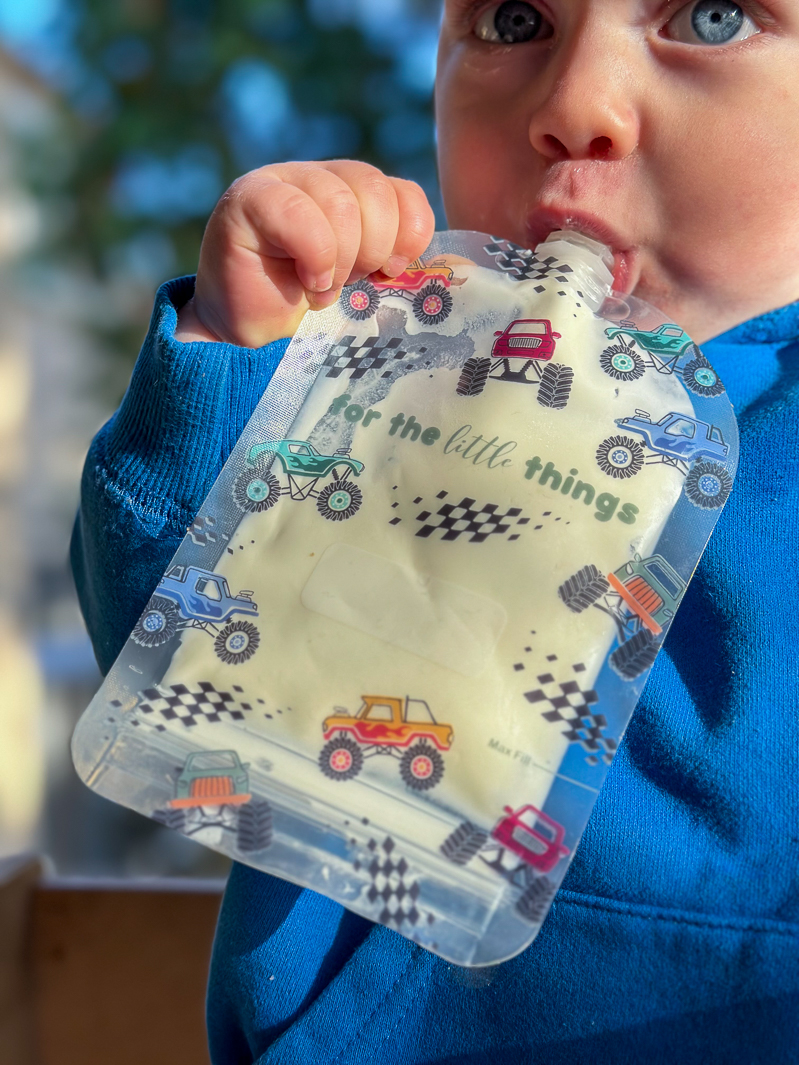

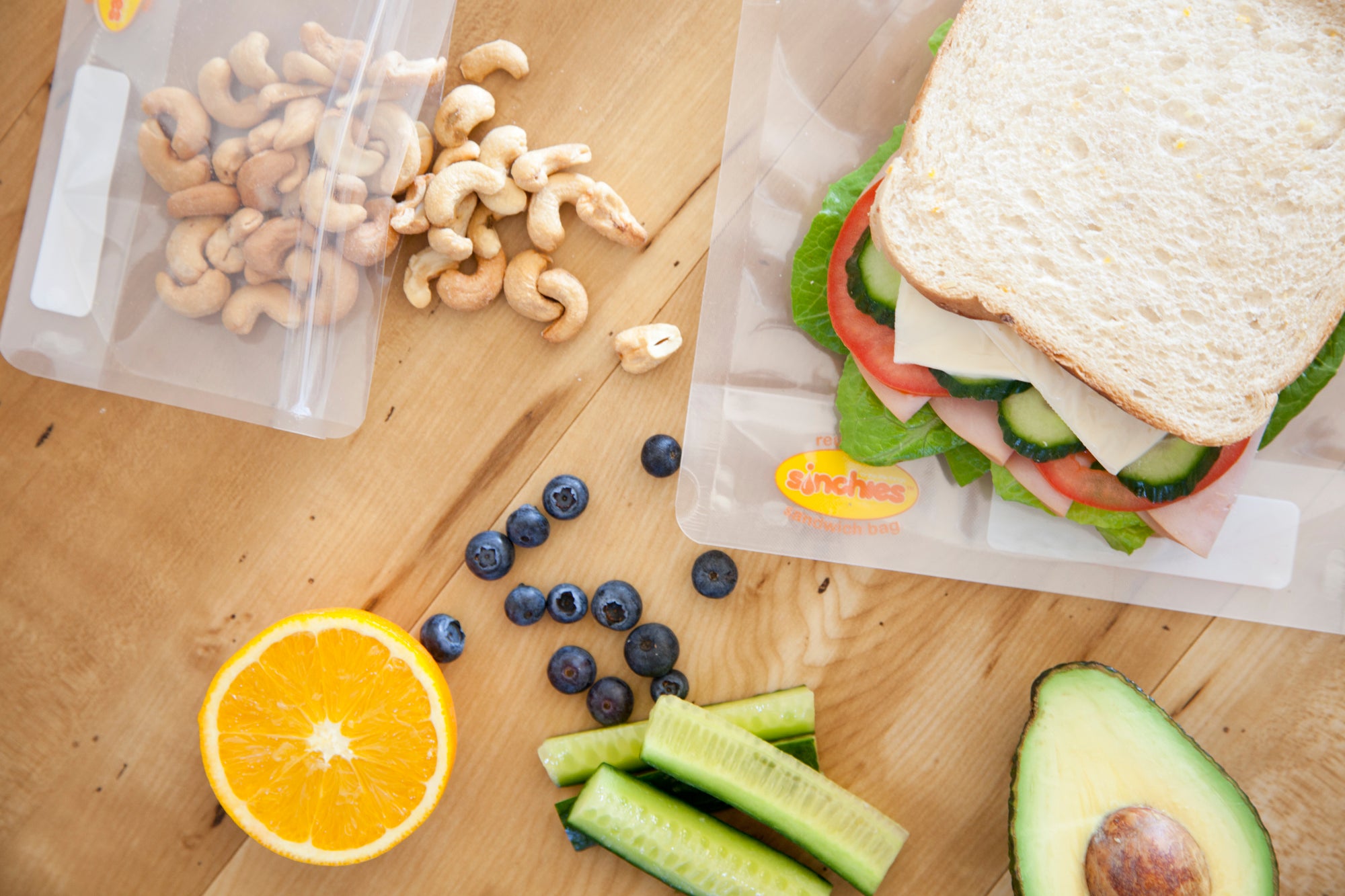
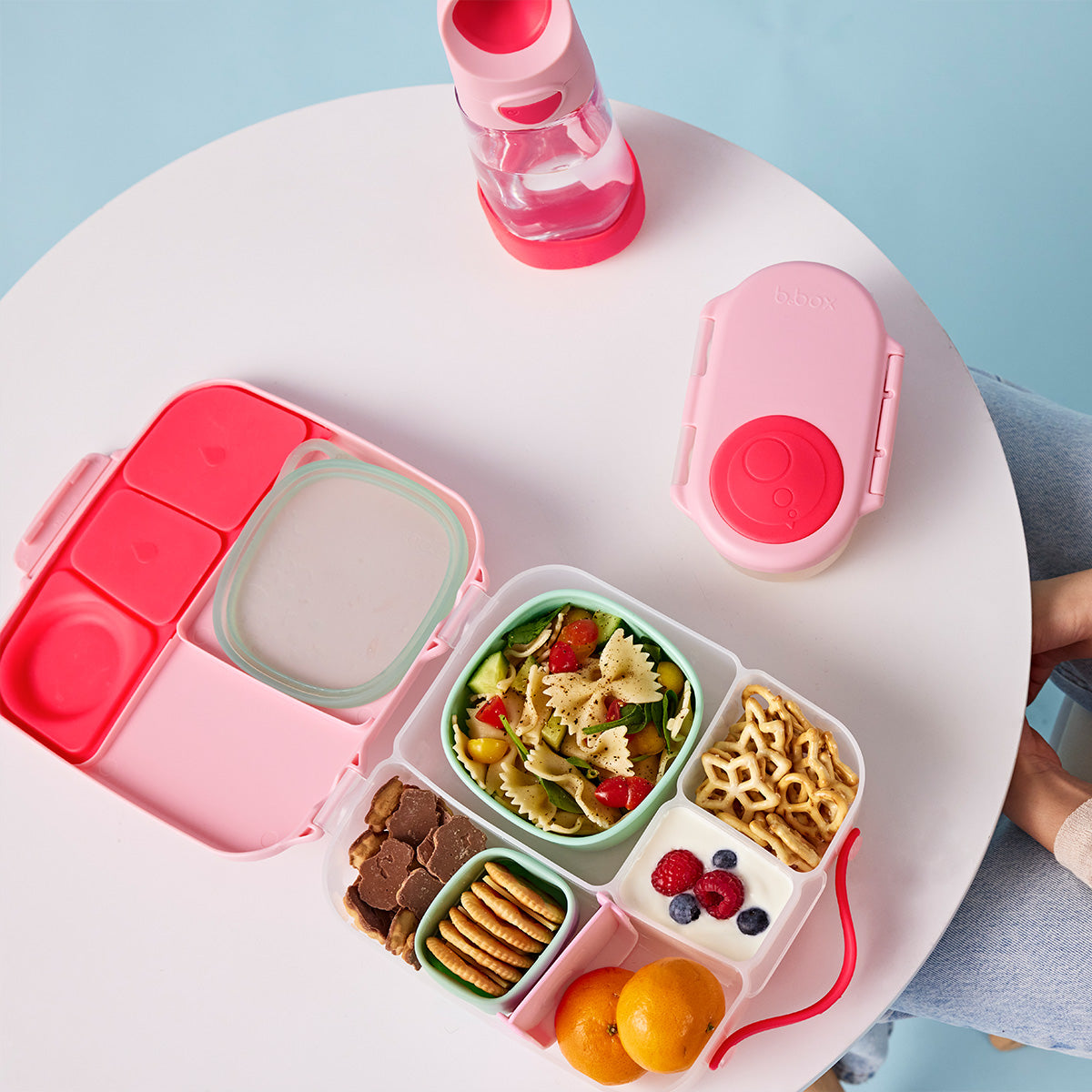

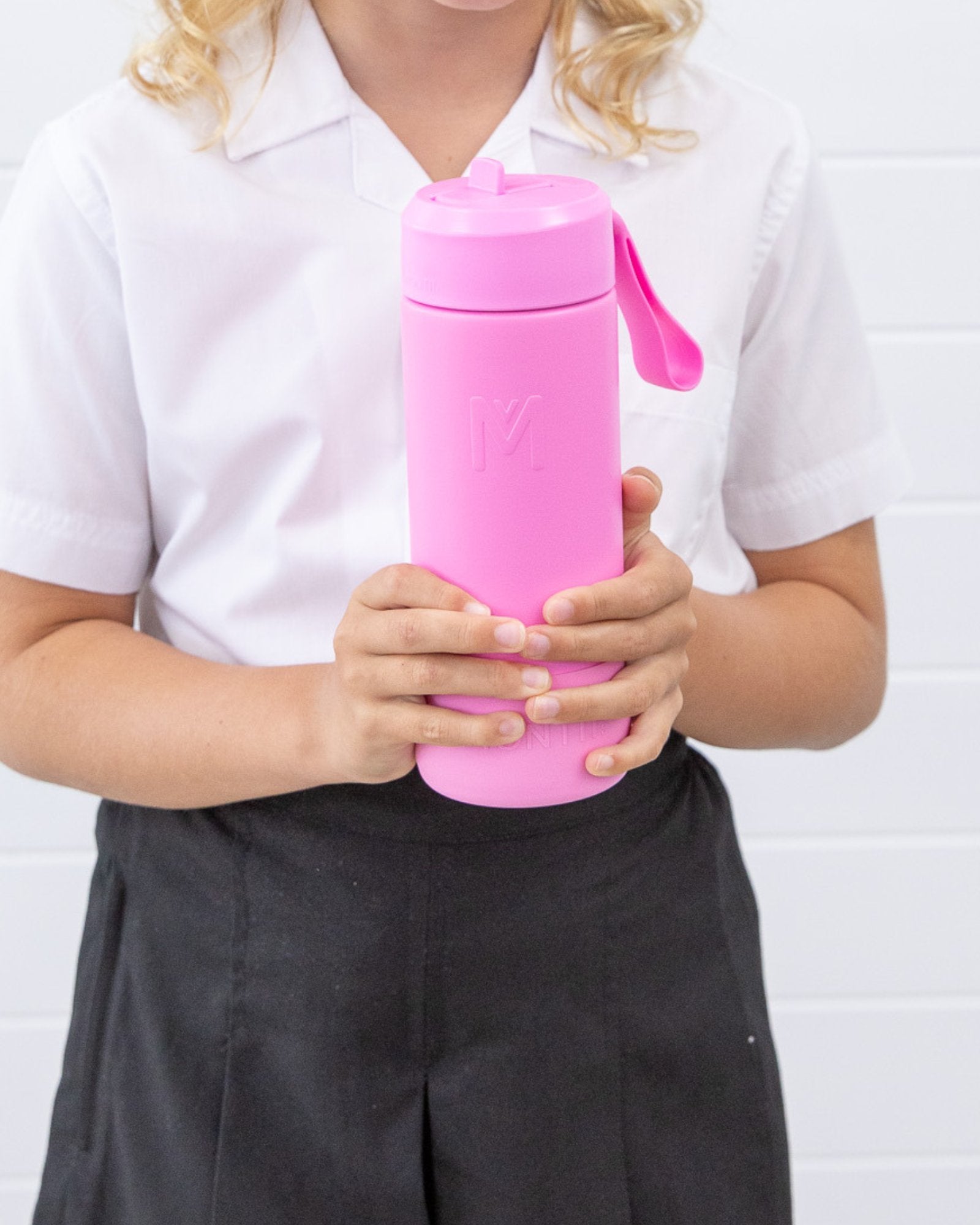























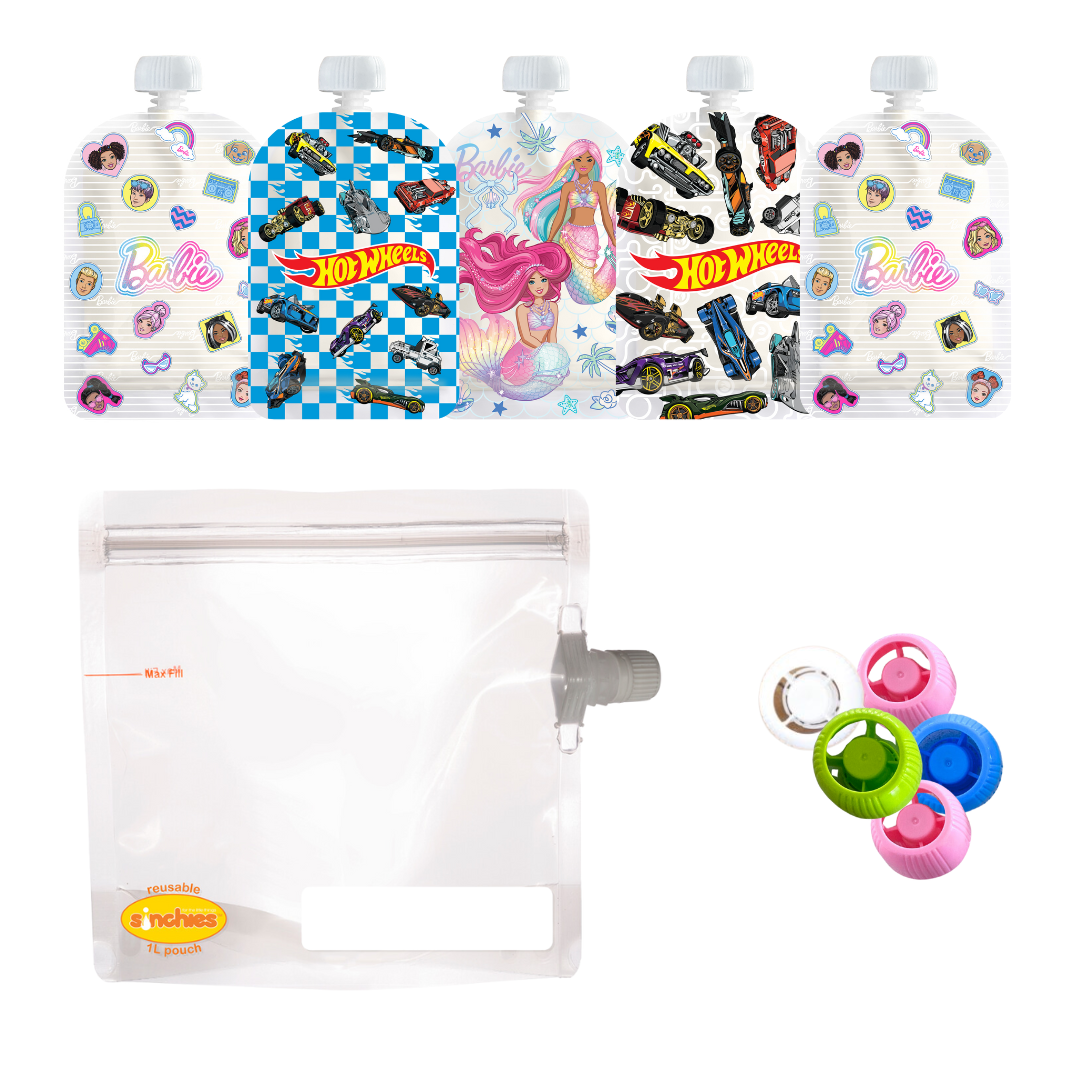
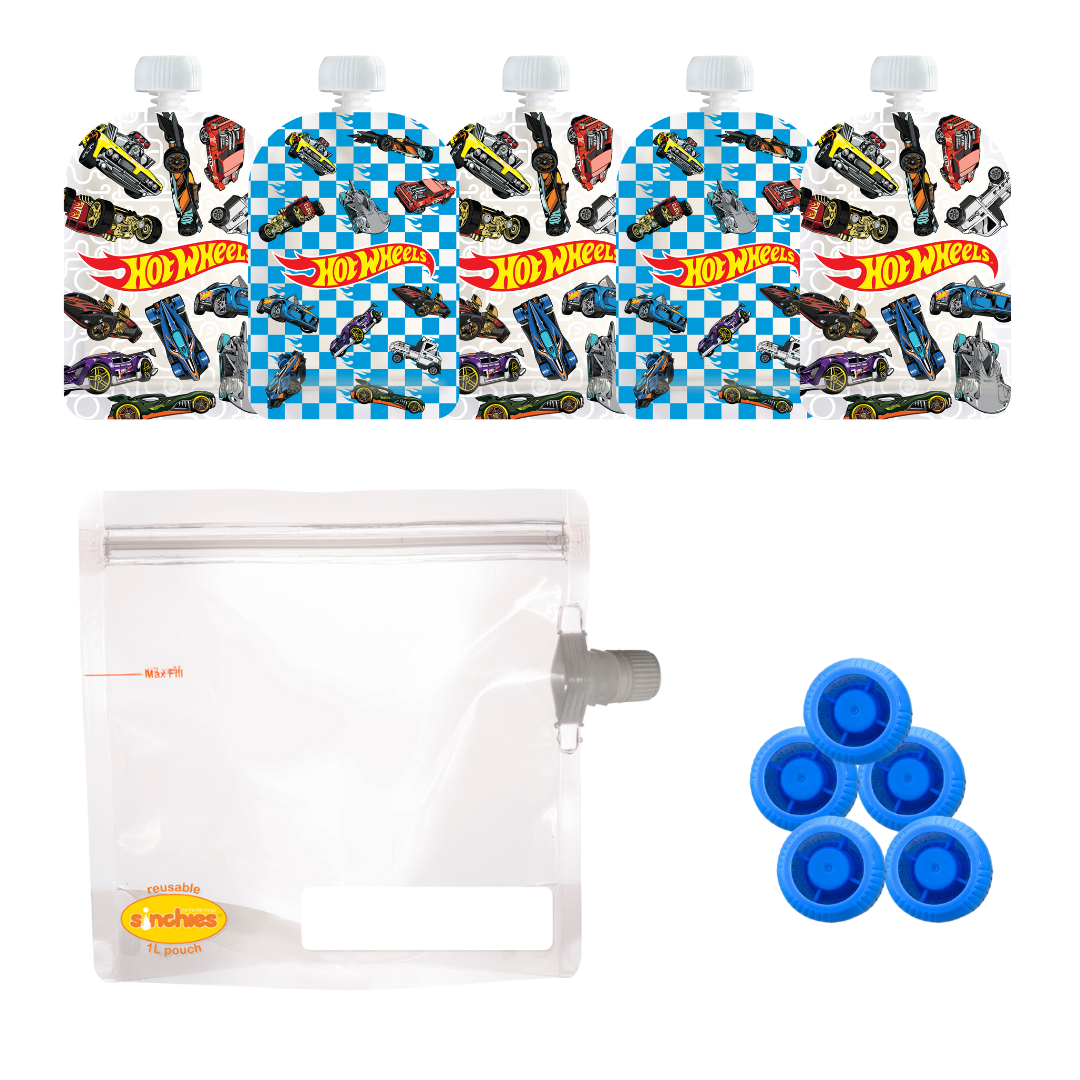
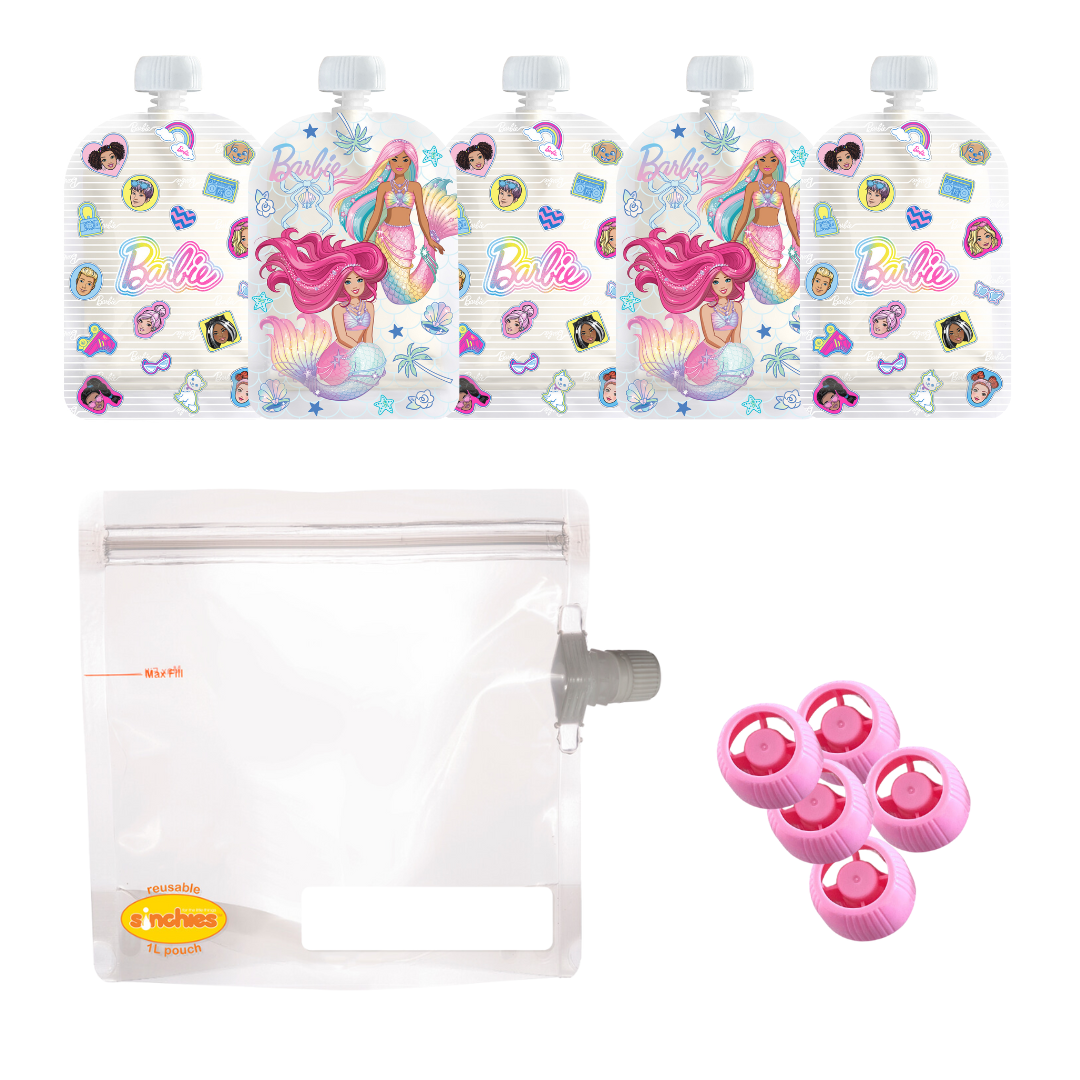






























Leave a comment